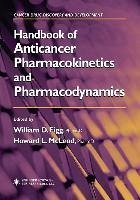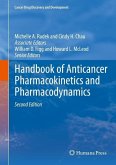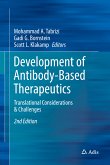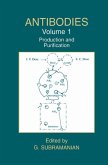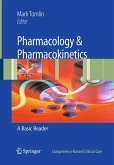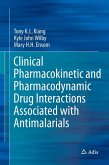There are many steps on the road from discovery of an anticancer drug to securing its final approval by the U. S. Food and Drug Administration (FDA). In Handbook of Anticancer Pharmacokinetics and Pharmacodynamics, leading investigators synthesize an invaluable overview of the experimental and clinical processes that lead to anticancer drugs, creating a single indispensable reference that covers all the steps from the identification of cancer-specific targets to phase III clinical trials. These expert authors provide their best guidance on a wide variety of issues, including clinical trial design, preclinical screening, and the development and validation of bioanalytic methods. They detail each step in the process, ranging from compound design and synthesis, screening techniques using in vitro models, and SAR analysis for lead optimization, to in vivo experiments, formulation, preclinical pharmacokinetics, formal toxicology, and phase I, II, and III trials. The chapters on identifying agents to test in phase III trials and on trial design for the approval of new anticancer agents offer a unique road map for moving an agent to NDA submission. Comprehensive and highly practical, Handbook of Anticancer Pharmacokinetics and Pharmacodynamics provides in one volume a detailed step-by-step guide to the successful design and approval of anticancer drugs.
Dieser Download kann aus rechtlichen Gründen nur mit Rechnungsadresse in A, B, BG, CY, CZ, D, DK, EW, E, FIN, F, GR, HR, H, IRL, I, LT, L, LR, M, NL, PL, P, R, S, SLO, SK ausgeliefert werden.

